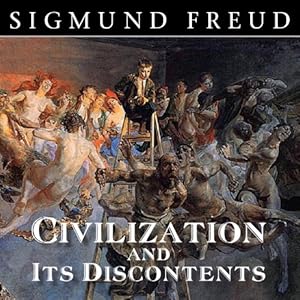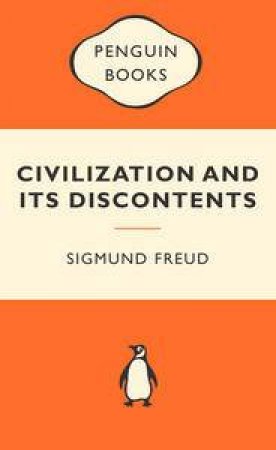
And at the root of civilization there was located the conflict between love and civilization itself, along with the restraints exercised by civilization on individual freedom and sexuality, which could only contribute to general unhappiness, to be compensated for by way of work and progress. All the discontents, symptoms and diseases linked with the crisis in Western civilization could be attributed to the notion of loss and loss compensation that cannot be attained, and which then results either in an extraverted frustration and anger or an introverted sense of guilt and aggression. Both question the very foundations of civilization, which had not managed to achieve what it had been created to do, to prevent men from having their “throats slashed,” or as Gerald puts it in Women in Love, “everybody cutting everybody else’s throat in five minutes” ( WL 33).

Discontents, symptoms and other diseases arising from the post-WW1 crisis in civilizationĤBoth Lawrence and Freud who came after him, at least chronologically, expressed their discontents with civilization, even if Freud was less forceful than Lawrence in expressing them. These traces could be organized under three headings: 1. Discontents, symptoms and other diseases arising from the post-WW1 crisis in civilization 2. Remedies within and without civilization 3. An unrelenting tension between the two drives/the two flows.

These unacknowledged sources could include the writings of Lawrence.ĢIt is furthermore obvious that discontents with civilization were quite common among artists and writers after the WW1 trauma and that this led many of them to question the validity of art as a remedy for this disease, unless new forms of art were to be found to express the inhuman violence and destruction of this new form of war, without which only silence or absence of representation could prevail.ģIn this context, we will try to find some traces of Lawrencian thoughts and ideas in Freud’s essay on civilization.

However, as Freud often quotes from writers, Twain, Goethe, Shakespeare, Rousseau and Rolland, he may also have been inspired by other literary sources which he did not explicitly quote from. 1Trying to find Freudian echoes in Lawrence may appear somewhat contrived insofar as Freud published his book after D.H. Lawrence’s death.


 0 kommentar(er)
0 kommentar(er)
